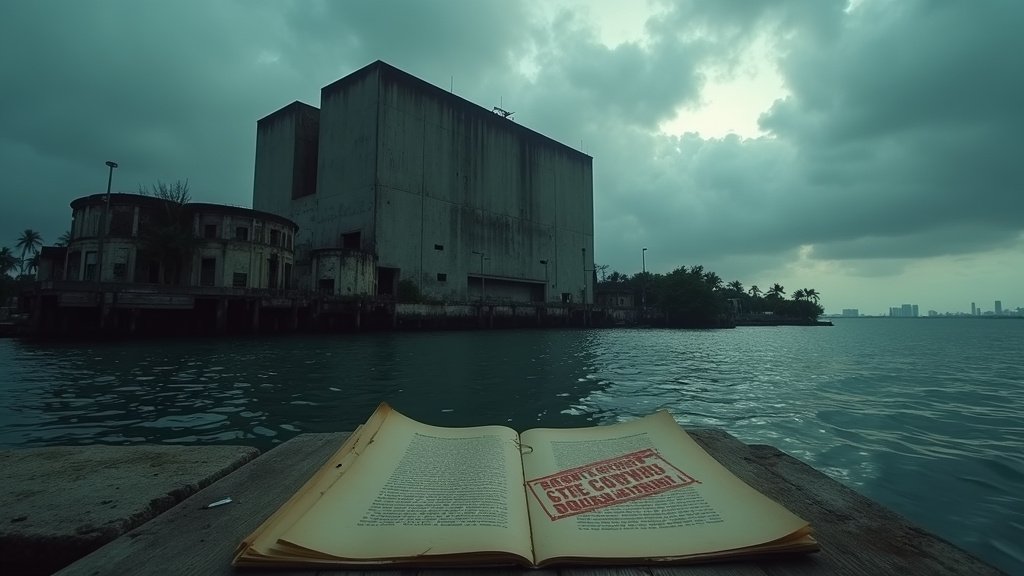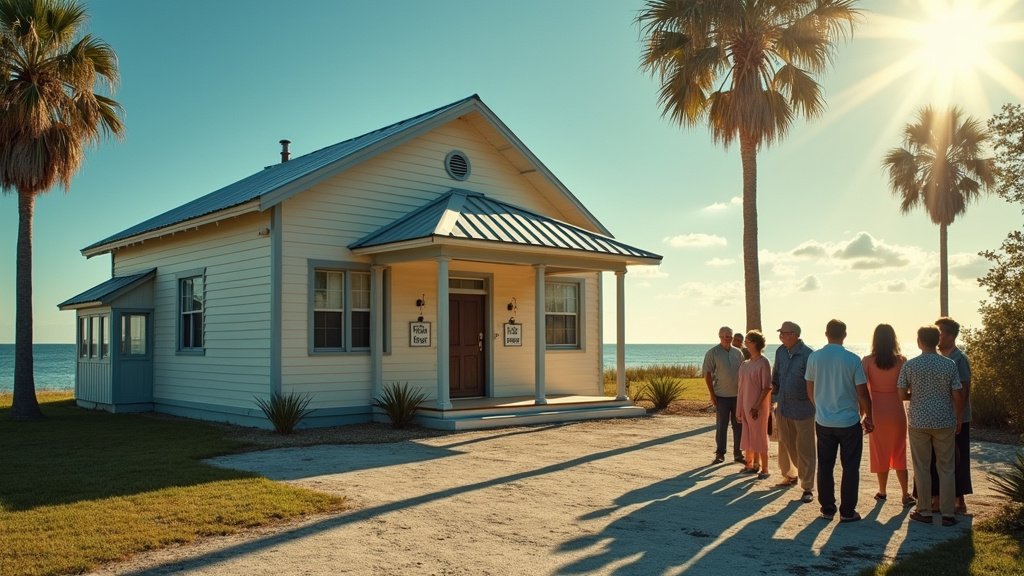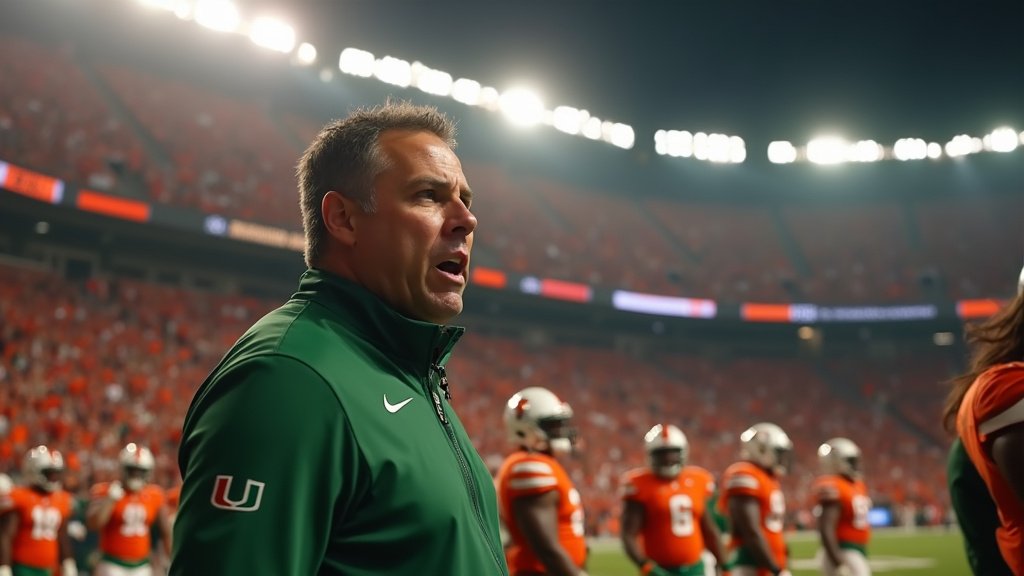Miami, FL – A veil of secrecy hangs over a new proposal for the future of the iconic Miami Seaquarium site on Virginia Key, a situation that is stirring déjà vu among residents and local leaders. Integra, a Miami-based marina operator and developer, has submitted a confidential plan for the 38-acre waterfront parcel, a development that comes as the aging Seaquarium facility faces bankruptcy and ongoing scrutiny over animal welfare. While the specifics of Integra’s proposal remain heavily redacted and shielded from public view, the very nature of the “secret” deal is drawing sharp criticism, harkening back to a well-documented history in Miami-Dade of development proposals that prioritize private interests over public good and unfulfilled promises.
The Seaquarium’s Final Act?
The Miami Seaquarium, a South Florida landmark since 1955, is undeniably past its prime. For years, the marine park has been the subject of repeated federal reports detailing significant animal welfare issues, including inadequate veterinary care, animal deaths, and deteriorating facility conditions. These concerns have led to legal battles and an ongoing effort by Miami-Dade County to evict the park from its taxpayer-owned land. Adding to the uncertainty, the Seaquarium’s parent company, The Dolphin Company, has filed for Chapter 11 bankruptcy, listing over $200 million in debt and seeking to raise capital through the potential sale of its lease and other assets. This confluence of financial distress and regulatory pressure has created an urgent need for Miami-Dade County leaders to decide the site’s fate.
A Proposal Shrouded in Secrecy
Integra, a firm known for its expertise in marina operations and real estate development, has stepped into this void with a proposal that is currently being kept largely under wraps. The Miami Herald obtained a redacted version of the 28-page document, revealing little about the proposed redevelopment beyond the developer’s identity. Commissioner Raquel Regalado, who is representing Miami-Dade’s interests during the bankruptcy proceedings, has indicated that while she has discussed potential development elements with the Dolphin Company, including preserving some historical aspects of the Seaquarium, the county’s ultimate control over any new plan is currently limited by the bankruptcy court. The secrecy surrounding this proposal has sparked immediate concern, fueling fears that the process may be following a familiar pattern of opaque deal-making.
Miami’s Unfulfilled Promises: A Shadow Over Virginia Key
This lack of transparency is particularly troubling given Miami-Dade’s problematic track record with public land deals. Decades ago, voters were sold on the idea of a public park along Biscayne Bay as a crucial component of the deal to build the Miami Heat arena on county land. Nearly 30 years later, that promised park remains largely a fenced-off parking lot or staging area, a stark symbol of how development promises can falter. This history of prioritizing developers and leaving the public waiting for promised amenities casts a long shadow over any new proposal for prime waterfront real estate. The Virginia Key site, rich in history and ecological significance, deserves a process that is open, inclusive, and demonstrably benefits the community, not one that repeats past mistakes.
The Future of Virginia Key
Virginia Key itself holds a complex past, having served as a segregated beach for African Americans and later becoming a focal point in battles over development versus preservation of public spaces. As the county contemplates the future of the Seaquarium site, the land’s designation as part of the county park system imposes certain limitations on commercial use, a factor that could shape any approved redevelopment. While a marina—Integra’s specialty—has been a recurring suggestion for the site, calls are growing for a development that prioritizes public access, environmental stewardship, and genuine community benefit. The current situation presents an opportunity for Miami-Dade County to finally break from its past, ensuring that decisions about this valuable public asset are made with full transparency and with the long-term well-being of its residents at the forefront.
A Call for Openness and Accountability
The news of a secret proposal for the Miami Seaquarium site serves as a critical reminder for Miami news consumers and county leaders alike. As the county navigates the complexities of bankruptcy and redevelopment, it must resist the temptation of expediency over accountability. The public deserves a clear, open, and engaging process to understand the full scope of Integra’s plans and to ensure that any future development on Virginia Key truly serves the common good, learning from the hard-won lessons of Miami’s land deal history. The future of this cherished piece of Miami’s waterfront hangs in the balance, demanding a commitment to transparency that has too often been absent.





